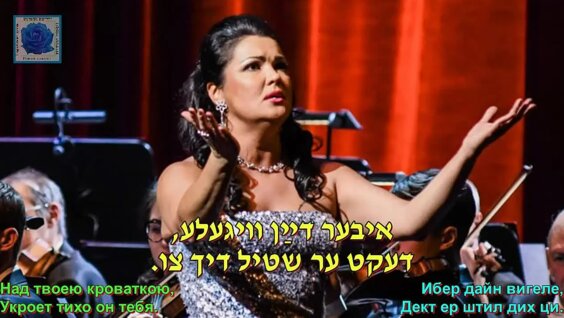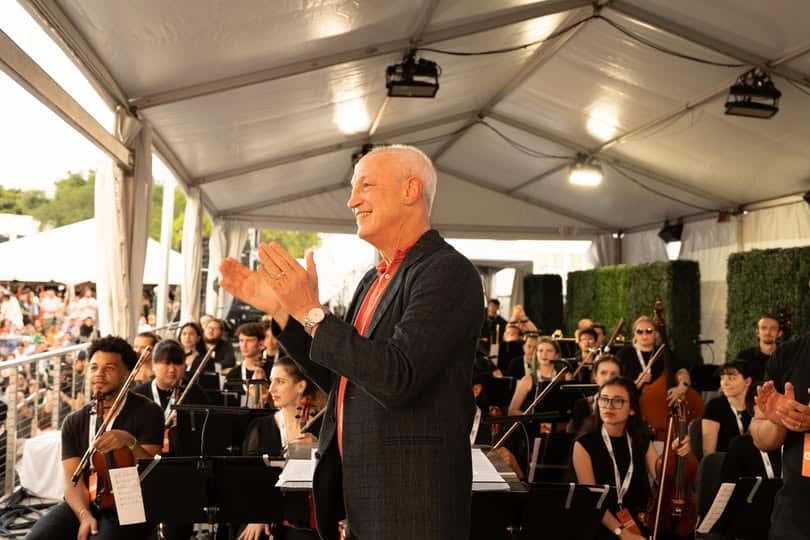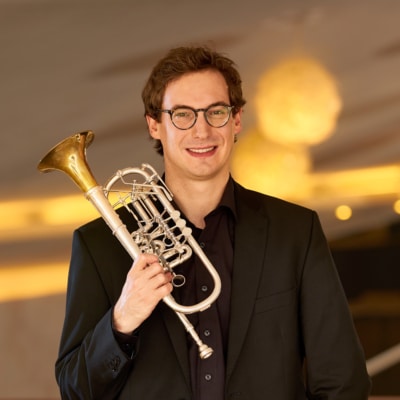Gevalt! Anna Netrebko sings Yiddish
mainIt’s a lullaby by Avrom Goldfaden, and very beautiful too.
Who knew?


It’s a lullaby by Avrom Goldfaden, and very beautiful too.
Who knew?

Colleagues are mourning the Georgian composer Marianna Tscharkwiani,…

The Frost School of Music at the University…

We understand that Andre Schoch, a member of…

From the occupied arts center: Step in to…

Session expired
Please log in again. The login page will open in a new tab. After logging in you can close it and return to this page.
Comments